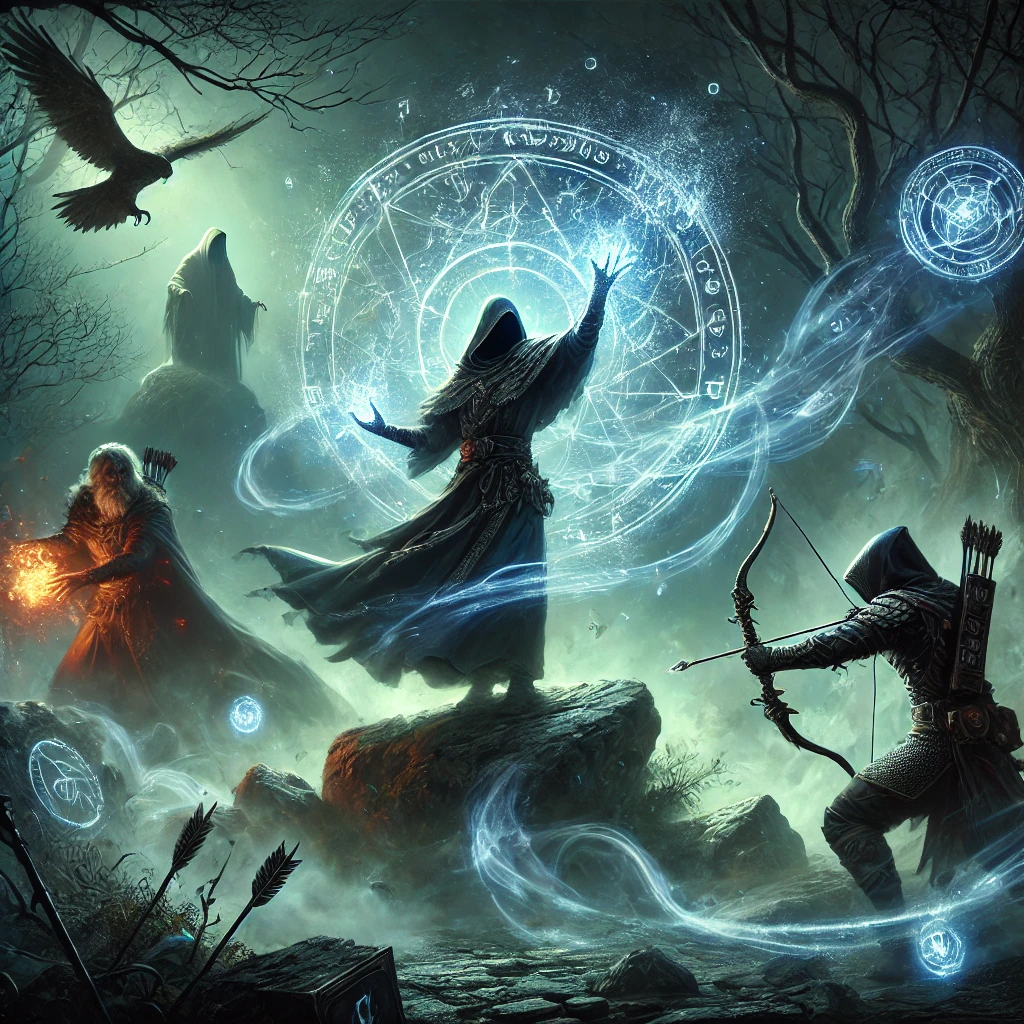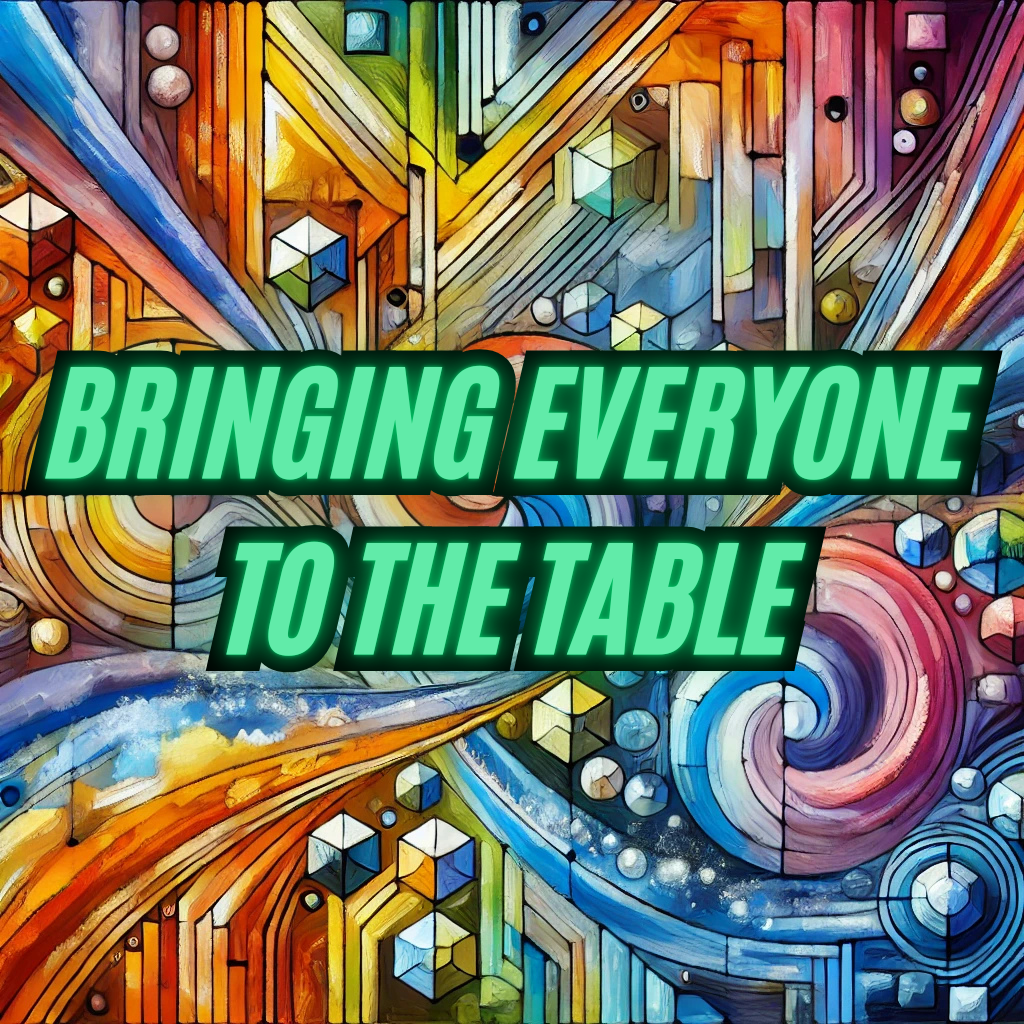As any Dungeons & Dragons player knows, a good campaign thrives on collaboration. Whether you’re a brand-new adventurer or a seasoned veteran of tabletop roleplaying games, one thing is certain: open and honest communication with your Game Master (GM) is essential for creating a fun and engaging experience for everyone at the table.
Why Communication with Your GM Matters
The GM is not just the storyteller; they’re also the architect of the world your character inhabits. To weave a story that resonates with everyone, the GM relies on input from the players. When players communicate their needs, interests, and concerns, it helps the GM craft a more personalized and rewarding experience.
If you feel like your character isn’t getting much attention, or if you’re struggling to connect with the story, chances are the GM may not realize how you feel. After all, they’re juggling multiple characters, plotlines, and encounters. By sharing your thoughts openly, you’re giving them the tools they need to better involve you in the narrative.
Common Issues That Can Be Solved with Communication
1. Feeling Disconnected from the Story
If you feel like your character is fading into the background while others take the spotlight, it’s time to talk to your GM. Let them know you’d like your character to have more involvement in the story. For example, if your backstory includes unresolved trauma or hidden mysteries, suggest ways these elements could come into play.
2. Minimal Roleplay Opportunities
Sometimes, a campaign can feel combat-heavy, leaving little room for character development or emotional growth. If you’d like more roleplay moments, ask your GM to include opportunities for the party to connect with NPCs, explore moral dilemmas, or resolve interpersonal conflicts.
3. Misaligned Expectations
Every table has a unique vibe, and sometimes the group dynamic doesn’t align with your vision for your character. If your party’s morally ambiguous actions clash with your character’s ethics, it’s worth discussing how to address this in-game. A well-timed conversation with your GM can lead to compelling roleplay opportunities or new story arcs that reflect your character’s values.
How to Approach Your GM
1. Be Respectful
Start the conversation by acknowledging the effort your GM puts into the campaign. A little appreciation goes a long way and sets a positive tone for the discussion.
2. Be Clear About What You Want
Let your GM know what you’re looking for in the game. For example:
- “I’d like to explore my character’s backstory more.”
- “I’m hoping for more roleplay opportunities in future sessions.”
- “I’m struggling to feel connected to the story and would love some guidance on how to get more involved.”
3. Offer Suggestions
Come prepared with ideas to make things easier for your GM. For instance:
- Suggest that your character’s past starts resurfacing through dreams or flashbacks.
- Propose an NPC who could act as a link to your character’s history.
- Mention a specific type of encounter you’d enjoy (e.g., a moral dilemma or an investigation).
4. Be Open to Feedback
Your GM may have reasons for the current focus of the campaign. They might be waiting for the right moment to explore your character’s arc or balancing multiple storylines. Be patient and work with them to find a solution that works for everyone.
Benefits of Open Communication
- Deeper Character Engagement: By sharing your character’s desires and goals, you give your GM more material to work with, making your journey more impactful.
- Stronger Party Dynamics: When your character is more involved in the story, it’s easier to build meaningful connections with other players.
- A More Enjoyable Game: Clear communication ensures that the game aligns with your expectations, making it a more fulfilling experience.
D&D is a collaborative storytelling game, and like any collaboration, it thrives on clear communication. If you’re feeling disconnected from your campaign or unsure of your character’s place in the story, don’t hesitate to talk to your GM. By sharing your thoughts and ideas openly, you’re not only enhancing your own experience but also helping to create a richer, more engaging story for everyone at the table.




